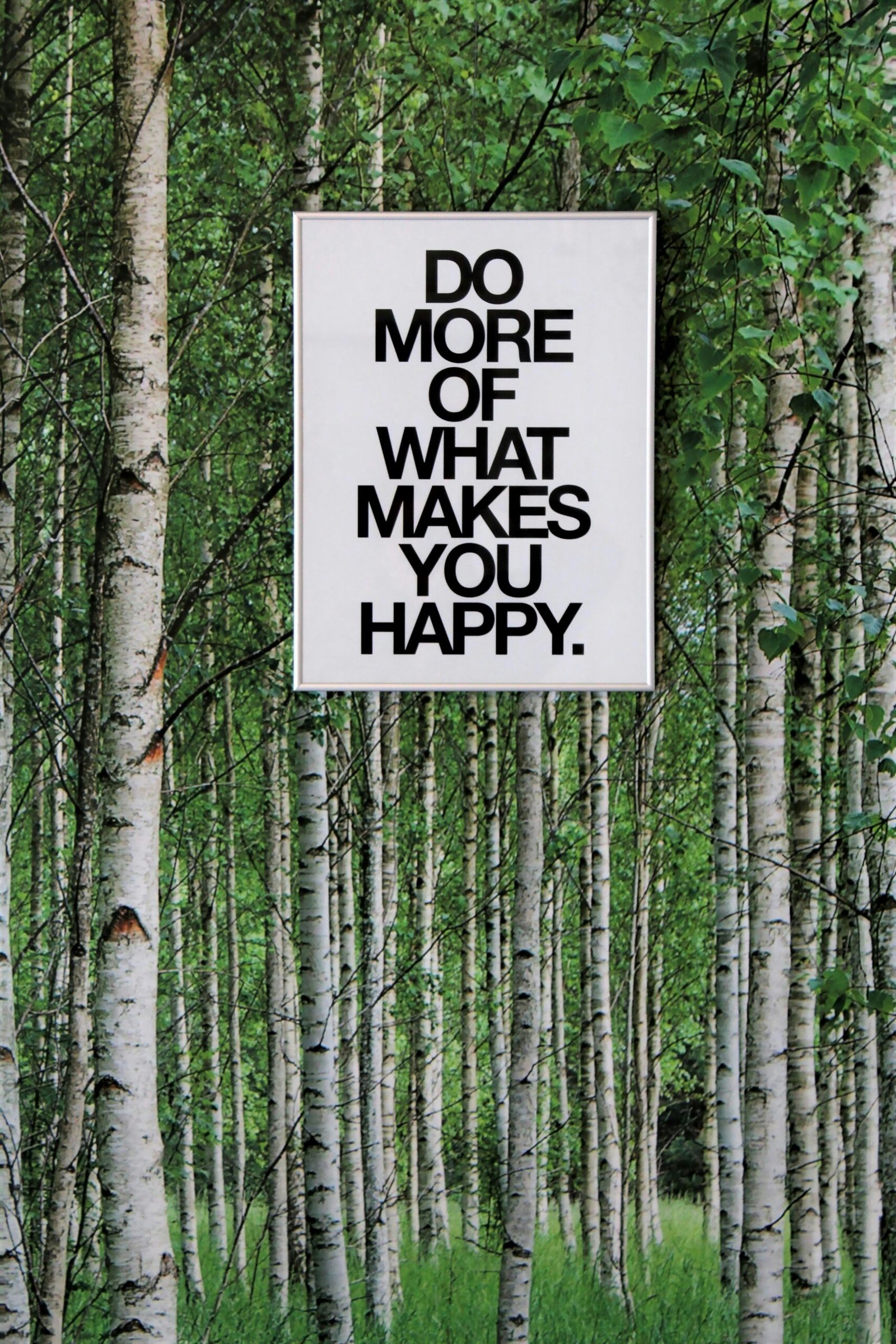In today’s competitive job market, continuous learning and self-improvement are essential for career growth. One of the most effective ways to enhance your professional development is through reading. As an experienced HR manager, I’ve seen firsthand how the right book can spark new ideas, shift perspectives, and provide actionable strategies that propel careers forward. In this post, I’ll share some of the best career development books that have proven to be valuable resources for professionals looking to enhance their skills and achieve their career goals.
Why Reading Is Crucial for Career Growth
Before diving into the book recommendations, it’s important to understand why reading is such a vital component of career development. According to a study published in the Journal of Positive Psychology, individuals who engage in regular reading are more likely to experience personal growth and professional success. Reading exposes you to new ideas, enhances your critical thinking skills, and provides you with the knowledge needed to excel in your field. Moreover, it helps you stay updated with industry trends and best practices, which is crucial in today’s fast-paced work environment.
1. “Mindset: The New Psychology of Success” by Carol S. Dweck
One of the most influential books on career development, Mindset by Carol Dweck, explores the concept of a “growth mindset”—the belief that abilities and intelligence can be developed through hard work and perseverance. This book is a must-read for anyone looking to advance in their career, as it provides valuable insights into how your mindset can influence your success. Dweck’s research, widely cited in academic journals like the Journal of Positive Psychology, shows that adopting a growth mindset can lead to greater achievement and resilience in the face of challenges.
2. “Drive: The Surprising Truth About What Motivates Us” by Daniel H. Pink
Understanding what motivates you is key to achieving career success, and Daniel Pink’s Drive offers a fresh perspective on motivation. Drawing on decades of scientific research, Pink argues that the traditional “carrot and stick” approach to motivation is outdated. Instead, he highlights the importance of autonomy, mastery, and purpose as the real drivers of motivation. This book is particularly useful for those in leadership roles or anyone looking to better understand what truly motivates them and their teams.
3. “The 7 Habits of Highly Effective People” by Stephen R. Covey
The 7 Habits of Highly Effective People by Stephen Covey is a classic in the realm of personal and professional development. This book offers a holistic approach to success, focusing on principles such as proactivity, goal setting, and prioritization. Covey’s emphasis on aligning your actions with your values and long-term goals is a powerful framework for anyone looking to enhance their career. The strategies outlined in this book are not only practical but also deeply transformative, making it a must-read for career growth.
4. “Grit: The Power of Passion and Perseverance” by Angela Duckworth
Angela Duckworth’s Grit explores the power of perseverance and passion in achieving long-term goals. Duckworth, a psychologist and researcher, argues that grit—a combination of passion and persistence—is a more accurate predictor of success than talent or intelligence. This book is particularly relevant for those who face challenges in their career journey, as it provides a motivational framework for pushing through obstacles and staying committed to your goals. Duckworth’s work is frequently cited in Harvard Business Review and other reputable sources for its practical implications in career development.
5. “Lean In: Women, Work, and the Will to Lead” by Sheryl Sandberg
Sheryl Sandberg’s Lean In has become a seminal work for women in the workforce, though its insights are valuable for anyone interested in leadership and career advancement. Sandberg, the COO of Facebook, offers a candid discussion about the challenges women face in the workplace and provides actionable advice for overcoming them. This book encourages readers to take charge of their careers, embrace leadership opportunities, and “lean in” to challenges rather than shy away from them. Lean In has sparked a global movement and remains a crucial read for those looking to advance their careers.
6. “The First 90 Days: Proven Strategies for Getting Up to Speed Faster and Smarter” by Michael D. Watkins
Transitioning into a new role or taking on a leadership position can be daunting, and Michael Watkins’ The First 90 Days provides a practical guide to navigating this critical period. The book offers strategies for making a successful transition, building credibility, and creating a plan for success in the first 90 days of a new job. Watkins’ advice is grounded in research and has been widely endorsed by professionals and academics alike. This book is especially useful for those entering a new role or looking to make a strong first impression in their career.
7. “Good to Great: Why Some Companies Make the Leap…and Others Don’t” by Jim Collins
While Good to Great by Jim Collins is primarily focused on business success, the principles outlined in the book are highly applicable to personal career development. Collins and his research team analyzed companies that made the leap from good to great and identified key factors that contributed to their success. These principles, such as disciplined people, disciplined thought, and disciplined action, can be applied to individual careers as well. By adopting these principles, you can create a framework for achieving excellence in your professional life.
8. “Dare to Lead: Brave Work. Tough Conversations. Whole Hearts.” by Brené Brown
Brené Brown’s Dare to Lead explores the qualities that make an effective leader, with a particular focus on vulnerability, courage, and empathy. Brown, a research professor at the University of Houston, draws on years of research to argue that true leadership is about embracing vulnerability and leading with heart. This book is particularly valuable for those in leadership roles or aspiring to lead, as it provides a fresh perspective on what it means to be an effective leader in today’s world. Brown’s work is frequently cited in McKinsey Quarterly and other leading publications for its relevance to modern leadership.
9. “Atomic Habits: An Easy & Proven Way to Build Good Habits & Break Bad Ones” by James Clear
James Clear’s Atomic Habits is a game-changer for anyone looking to build new habits or break old ones. Clear argues that the key to achieving your goals is not just setting them, but creating systems that make success inevitable. The book offers practical strategies for habit formation, backed by scientific research. Whether you’re looking to improve your productivity, health, or professional skills, Atomic Habits provides actionable advice that can lead to significant, lasting changes in your life and career.
10. “The Power of Now: A Guide to Spiritual Enlightenment” by Eckhart Tolle
While not a traditional career development book, Eckhart Tolle’s The Power of Now offers profound insights into mindfulness and living in the present moment. This book is particularly valuable for those looking to manage stress, increase focus, and improve their overall well-being—critical components of long-term career success. Tolle’s teachings encourage readers to break free from the constraints of past and future thinking, allowing them to fully engage with the present and make more thoughtful, effective decisions in their careers.
How to Choose the Right Book for Your Career Development
With so many excellent books available, it can be challenging to decide which one to read first. Here are a few tips to help you choose the right book for your career development:
- Identify Your Goals: Consider your current career goals and challenges. Choose a book that aligns with your needs, whether it’s leadership, motivation, or skill development.
- Consider Your Learning Style: Some books are more research-based and theoretical, while others are more practical and action-oriented. Choose a book that matches your preferred learning style.
- Read Reviews and Summaries: Before committing to a book, read reviews and summaries to get a sense of whether the content will be valuable to you.
- Seek Recommendations: Ask colleagues, mentors, or career coaches for recommendations based on their own experiences. Personal endorsements can often lead you to books that have made a significant impact on others.






